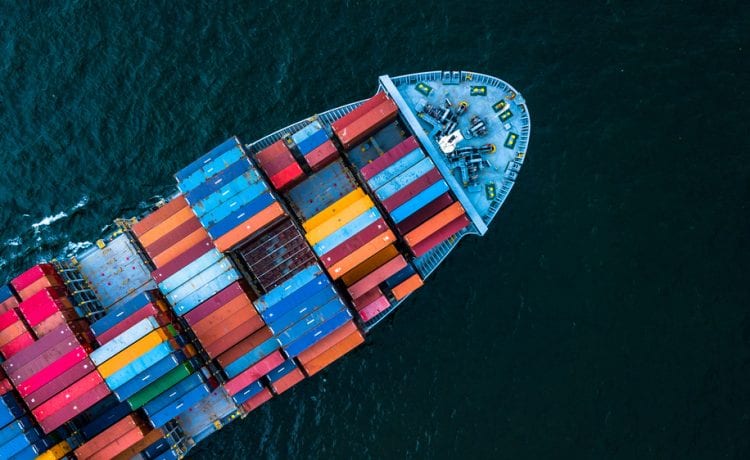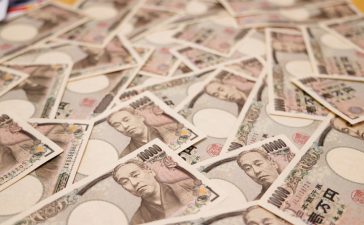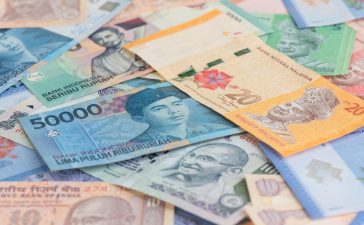These new arrangements flow from the Northern Ireland Protocol under a deal reached by the UK and EU
A new trade border between Northern Ireland and the rest of the UK will begin operating at 23:00 GMT on Thursday.
The Irish Sea border is a consequence of Brexit. It means that all commercial goods entering Northern Ireland from Great Britain will need a customs declaration.
Food products from GB will have to enter through new border control posts at Northern Ireland’s ports. Many food products will also need health certificates and there will be some physical checks. Some of the new certification processes for food will be phased in over the next three months.
There will be no new processes or checks for the vast majority of goods leaving NI for GB.
These new arrangements flow from the Northern Ireland Protocol, a deal reached by the UK and EU in 2019. Its purpose is to prevent a hard land border in Ireland. That is achieved by keeping Northern Ireland in the EU’s single market for goods and by having Northern Ireland apply EU customs rules at its ports. This will allow goods to flow from NI to the Republic of Ireland and the rest of the EU as they do now, without customs checks or new paperwork.
Nothing has practically changed until now because the whole of the UK has been in a Brexit transition period which has involved following EU rules. That transition ends at 23:00, meaning GB will be outside the EU’s single market for goods while NI remains within.
The protocol is opposed by Northern Ireland’s unionist parties who fear it will weaken Northern Ireland’s position within the UK. The arrangement does not change Northern Ireland’s constitutional position. However, it does mean a significant new economic barrier within the UK.
Graham Brownlow, an economic historian at Queen’s University Belfast, said 1947 was the last time barriers of this type were in place.
At that time the Stormont government introduced a law which meant that people from other parts of the UK needed a permit to work in Northern Ireland.
It meant the UK was not a common labour market, says Dr Brownlow. This was, ironically, only reversed at the insistence of the EEC on UK entry in 1973.
The UK government has allocated more than £300m for a Trader Support Service to help businesses deal with the new customs arrangements.





